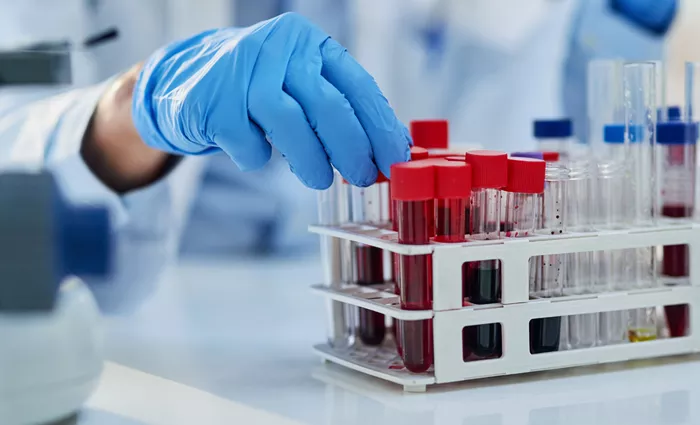Researchers at Johns Hopkins University have developed an advanced blood test that can detect cancer up to three years before a formal diagnosis.
The new study, published in the journal Cancer Discovery and partly funded by the National Institutes of Health, found that genetic material released by tumors can be identified in the bloodstream years before cancer is clinically diagnosed.
Scientists analyzed plasma samples from participants in the Atherosclerosis Risk in Communities (ARIC) study, originally designed to assess cardiovascular risk factors such as heart attack and stroke.
The study examined blood from 52 participants—26 who were diagnosed with cancer within six months of sample collection and 26 who remained cancer-free. Among them, eight tested positive using a multi-cancer early detection (MCED) test, an experimental screening tool that searches for signs of various cancers simultaneously. All eight individuals were diagnosed with cancer within four months of the blood draw.
For six of these patients, researchers reviewed earlier blood samples taken 3.1 to 3.5 years before diagnosis. In four of these samples, tumor-related genetic mutations were detected, suggesting the presence of cancer well before symptoms appeared.
“Detecting cancer three years earlier offers a crucial window for intervention,” said lead author Dr. Yuxuan Wang, assistant professor of oncology at Johns Hopkins. “At this stage, tumors are likely smaller and more treatable.”
Senior author Dr. Bert Vogelstein, a renowned oncologist at Johns Hopkins, called the findings “a promising step toward early cancer detection” and noted that the study helps define the sensitivity needed for successful MCED tests.
Dr. Nickolas Papadopoulos, another senior researcher, added that early detection “could lead to better outcomes” but emphasized the need to establish proper clinical follow-up after a positive test result.
While these findings offer hope for earlier cancer diagnosis and treatment, further research is required to refine the test and understand how best to use it in routine care.
Related topics:


